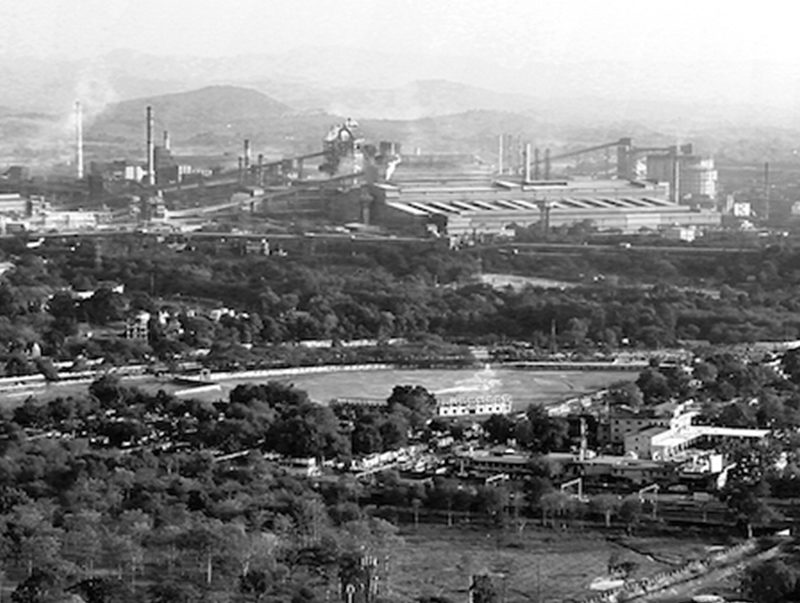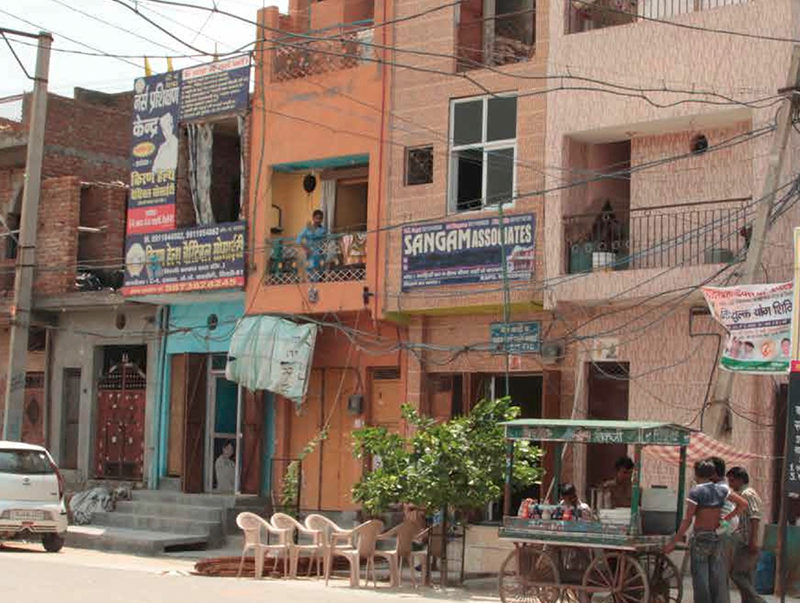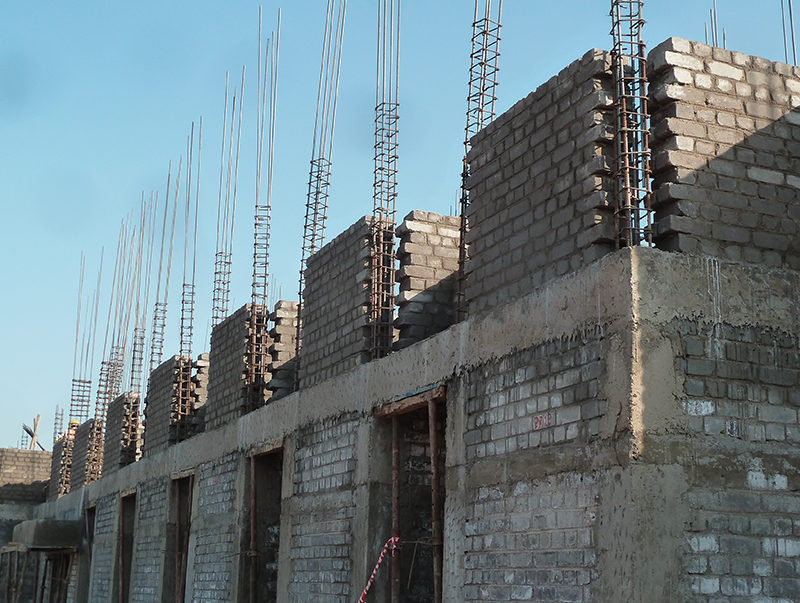
Stakeholders active in the area of infrastructure public-private partnerships (PPPs) in India have identified a sentiment of “ex post regret” with many of the recent PPP project deals that have been closed and are in early stages of implementation. Generally, ex post regret is a phenomenon in which one or more participants realizes in hindsight that a different set of actions may have led to higher payoffs than the actions pursued. A consequence of ex post regret is the possibility that a project participant will hold the project up in an effort to bargain with the other project participants and improve its individual payoffs.
While ex post regret and the desire to bargain can be expected and not uncommon, held-up projects impose a social cost because of cost overruns, delays, or inadequate service provision. In this context, the construct of post-award governance captures the processes and actions that aim to improve a project’s performance trajectory, after participants have already committed to decisions through concession agreements and contracts.
This study proposes to understand the circumstances under which participants may revisit long-term decisions embodied in the contracts, the scope of possible revisions to initial decisions, and the extent to which the institutionalized procurement processes can be designed with enough flexibility to enable post-award governance. The concept of flexibility is key, since stakeholders have expressed the desire to overcome various rigidities in the procurement process and contracts.








